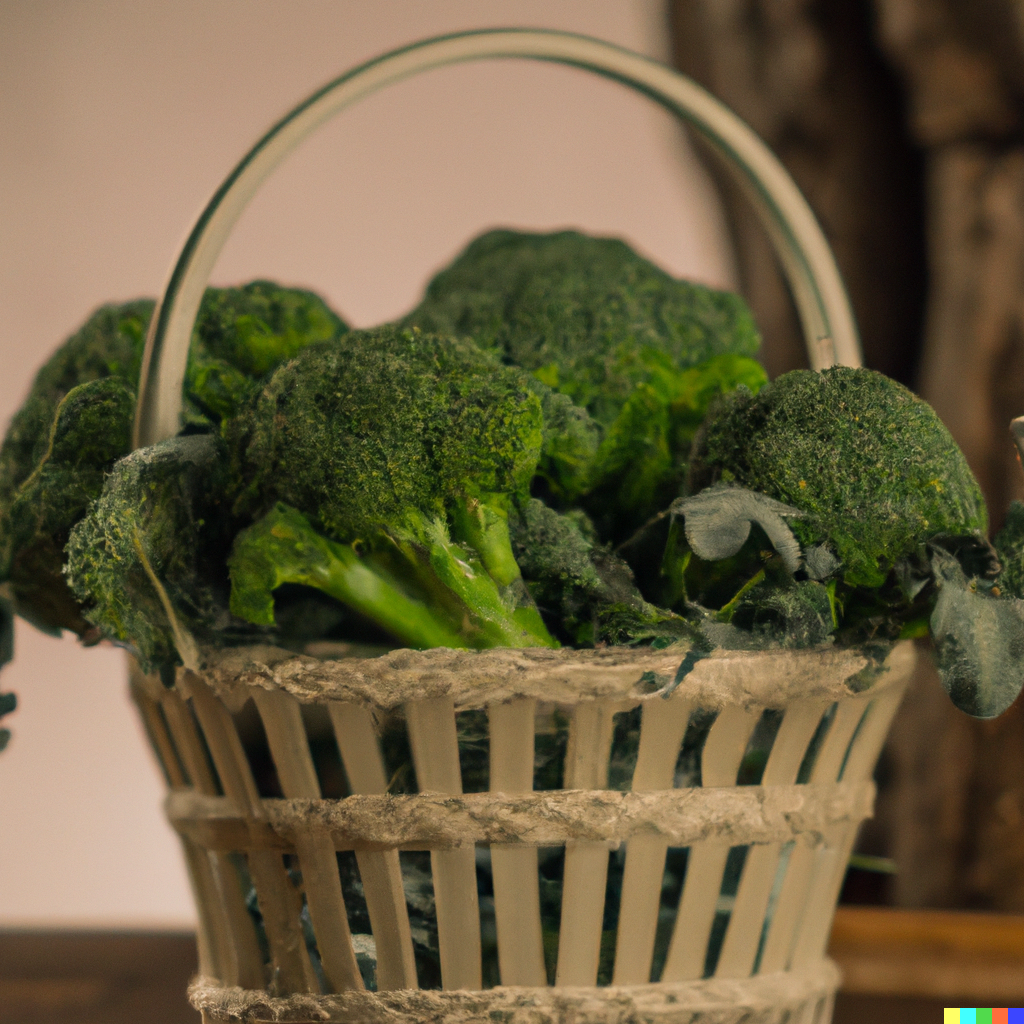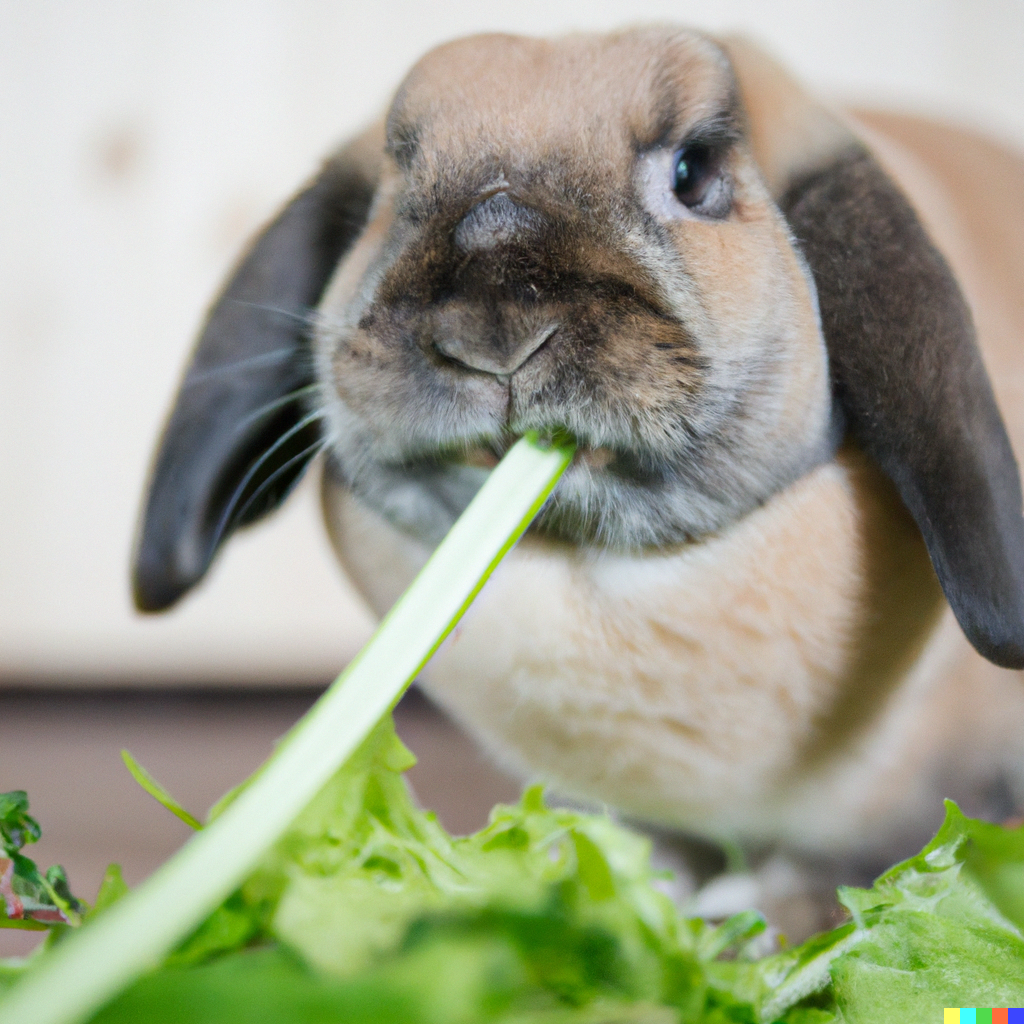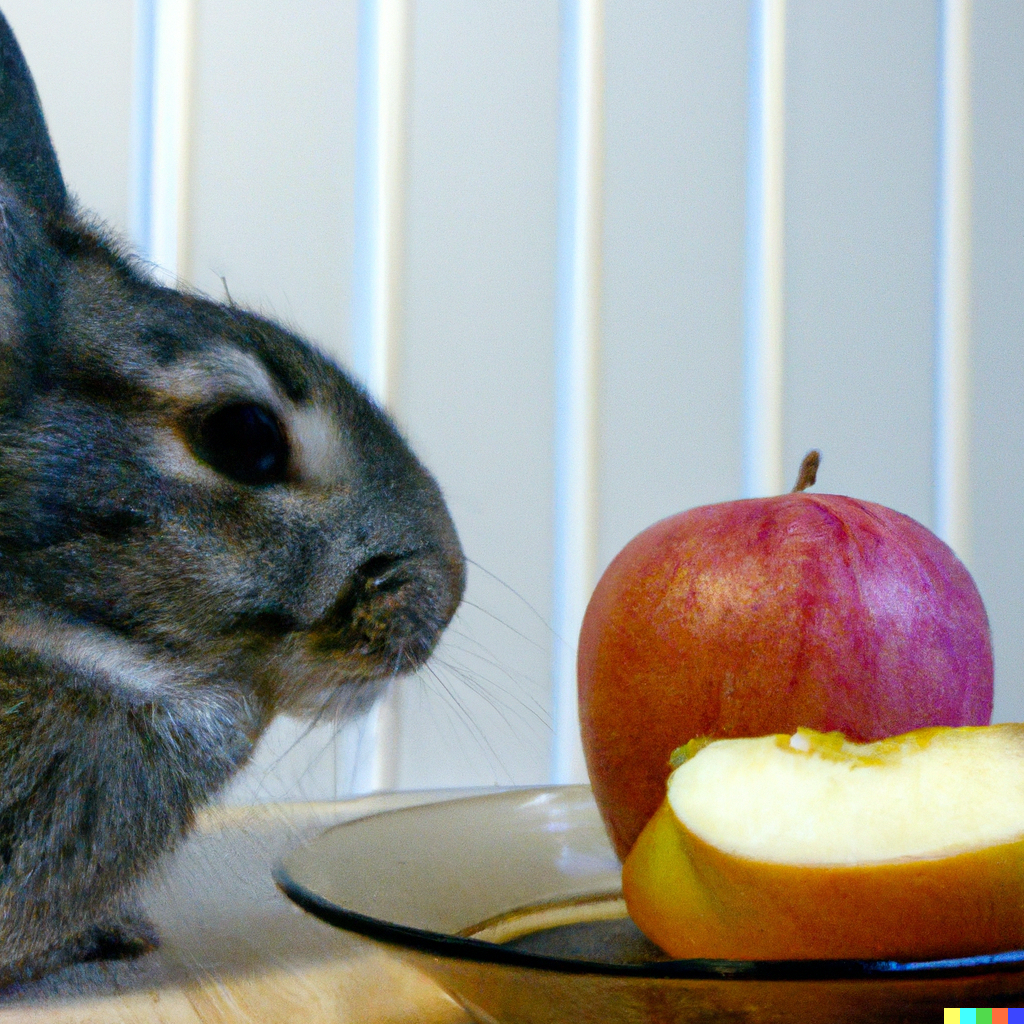Rabbits are often viewed as small, cuddly creatures that feed on hay, but they can also enjoy a variety of human foods. While hay should remain the foundation of their diet, rabbits can safely enjoy a variety of fruits, vegetables, and other human foods as a tasty snack. With careful consideration of the types of food, a balanced diet can be created to ensure rabbits remain healthy and happy.
How to Create a Healthy Diet for Pet Rabbits Using Human Foods
A healthy diet for pet rabbits is an important part of keeping them healthy and happy. Rabbits need a balanced diet that is high in fiber, low in fat and protein, and can be supplemented with an occasional treat. It is important to remember that rabbits are herbivores and therefore should not be given any foods that are meant for humans or other animals.
When creating a balanced diet for your pet rabbit, it is important to provide them with hay and fresh vegetables. Hay should make up the majority of a rabbit’s diet, as it provides the essential fiber they need for digestion. A good hay selection for rabbits includes Timothy hay, meadow hay, and alfalfa hay. These should be available at all times, as rabbits will graze throughout the day.
In addition to hay, fresh vegetables should also be included as part of a rabbit’s diet. Vegetables such as carrots, broccoli, cauliflower, and spinach can be fed to rabbits in small amounts. Other vegetables such as kale, collard greens, and squash are also good options. When introducing new vegetables, it is important to introduce them slowly and in small amounts to ensure your rabbit’s digestive system is not overwhelmed.
When it comes to treats for rabbits, it is important to remember that these should only be given in small amounts. Human foods such as bananas, apples, and blueberries can be given as treats. These should be given in moderation because they contain sugar and can upset a rabbit’s delicate digestive system.
Finally, it is important to ensure your rabbit has access to clean, fresh water at all times. This should be changed daily to ensure your rabbit stays hydrated and healthy.
By following these guidelines, you can create a healthy diet for your pet rabbit using human foods. This diet should include hay, vegetables, and small amounts of fruits as treats. Additionally, it is important to remember to provide clean, fresh water daily. By doing so, you can ensure your pet rabbit remains healthy and happy.
What Vegetables and Fruits Can Rabbits Safely Enjoy?
Rabbits can safely enjoy a variety of vegetables and fruits as part of their diet. Vegetables such as lettuce, celery, kale, spinach, broccoli, cauliflower, carrots, and bell peppers are all safe and beneficial for rabbits to consume. Fruits such as apples, strawberries, blueberries, and bananas are also safe for rabbits to eat. It is important to note that these should only be occasional treats and not a main part of the diet. Additionally, it is important to remove any stems, pits, or seeds from the fruits and vegetables prior to feeding them to your rabbit.
Five Nutritious Human Foods That Are Perfect for Rabbits

1. Carrots: Carrots are a great source of vitamins and minerals for rabbits. They are rich in Vitamin A, which plays an important role in maintaining a healthy immune system and good eyesight. Carrots are also a good source of fiber, which is important for a healthy digestive system.
2. Apples: Apples are a great source of fiber, vitamins, and minerals for rabbits. The fiber in apples helps to maintain a healthy digestive system, while the vitamins and minerals help to keep the rabbit’s immune system strong.
3. Leafy Greens: Leafy greens such as kale, spinach, and collard greens are packed with vitamins and minerals, and are great for a rabbit’s diet. They are an excellent source of Vitamin A, Vitamin C, and iron.
4. Broccoli: Broccoli is an excellent source of Vitamin C, fiber, and other essential nutrients for rabbits. It also contains a compound called sulforaphane, which has been shown to have anti-cancer properties.
5. Bananas: Bananas are a delicious and nutritious snack for rabbits. They are a good source of potassium, which is important for nerve and muscle function. They also contain Vitamin B6, which helps with the metabolism of proteins.
Is Bread an Acceptable Food for Pet Rabbits?
No, bread is not an acceptable food for pet rabbits. While humans enjoy bread, it does not provide the same nutritional value to rabbits that their natural diet does. Rabbits require high-fiber, low-calorie food with a balanced calcium-phosphorus ratio in order to remain healthy. This can only be achieved through a diet consisting mainly of hay, fresh vegetables, and a small portion of pellets specifically formulated for rabbits. Feeding your rabbit bread can cause serious digestive problems and even lead to obesity. In addition, consuming bread can upset the delicate balance of the rabbit’s digestive system and cause potentially fatal gut stasis. Therefore, it is important to avoid giving your pet rabbit bread and instead provide them with a healthy, balanced diet.
What Are the Benefits of Feeding Your Bunny Human Foods?
Feeding your bunny human foods can provide a variety of benefits for your pet. Human foods can help to supplement a rabbit’s diet, providing them with important nutrients and vitamins for a more balanced diet. Many of these foods are also high in fiber, which is essential for maintaining a healthy digestive system in rabbits. Additionally, human foods can provide a great source of enrichment for your pet, as bunnies tend to love exploring new textures and flavors.
Including small amounts of human foods in your bunny’s diet can help to provide them with a diverse range of nutrients, vitamins, and minerals. Fruits, vegetables, and leafy greens are great sources of vitamins A, C, and K, as well as minerals like calcium and iron. These nutrients are essential for a healthy immune system and maintaining strong bones and teeth.
High-fiber foods, such as hay and fresh vegetables, are also important for a rabbit’s diet. Fiber helps to promote healthy digestion and can help to prevent gastrointestinal issues. Human foods that are high in fiber include broccoli, kale, and carrots.
Finally, human foods can provide a great source of enrichment for your pet. Rabbits are curious animals and love exploring new flavors and textures. Incorporating a variety of human foods into their diet can help to keep them stimulated and engaged.
In conclusion, feeding your bunny human foods can provide a variety of benefits. Not only can it help to supplement their diet with important nutrients and vitamins, but it can also provide them with a great source of enrichment. However, it is important to remember that human foods should only be given in moderation, as too much can be harmful to your bunny’s health.
How to Avoid Common Food Hazards for Rabbits
Rabbits are delightful pets that require a particular diet to stay healthy. It is essential to understand which foods are safe for them and which can be dangerous. Here are some tips to help you ensure your rabbit’s diet is healthy and safe.
1. Avoid giving your rabbit human food. Human food, such as chocolate, onions, garlic, and nuts, can be toxic for rabbits. As well, some fruits and vegetables, such as rhubarb and potato leaves, should not be given to rabbits as they can be harmful.
2. Do not feed your rabbit processed foods. Foods such as dog treats and bird seed may contain ingredients that are unhealthy for rabbits.
3. Make sure to give your rabbit hay on a daily basis. Hay is a source of fiber, which is essential for keeping a rabbit healthy.
4. Be aware of moldy and spoiled food. If a food has gone bad, it can be potentially dangerous for your rabbit. Discard any food that has been left out for too long or that shows signs of mold.
5. Provide your rabbit with fresh, clean water. Make sure to change the water daily and to clean the water bowl regularly.
By following these simple tips, you can help to ensure that your rabbit stays healthy and safe from potential food hazards.
Exploring the Nutritional Value of Different Human Foods for Rabbits

Rabbits are popular pets that require proper nutrition to stay healthy. Unfortunately, many people are unaware of the nutritional value of different human foods that they may feed their rabbits. This article explores the nutritional value of different types of human foods, as well as the potential risks associated with them.
Fruits and vegetables are excellent sources of essential vitamins and minerals for rabbits. Carrots, apples, and bananas are all healthy choices. These fruits and vegetables are high in fiber, which helps to keep the digestive system healthy.
Grains, such as oats, wheat, and barley, provide carbohydrates and protein for energy. However, grains should be fed in moderation, as too much can lead to obesity.
Dairy products, such as yogurt, cheese, and milk, are high in calcium and protein, but should be fed in moderation as well.
Nuts, seeds, and legumes are high in protein and are a good source of healthy fats for rabbits. However, these foods should be given sparingly, as they can lead to digestive issues.
Processed foods, such as cookies and cakes, are generally not recommended for rabbits. These foods are often high in sugar and fat, which can lead to health issues, such as obesity and dental problems.
In conclusion, while there are some human foods that can be beneficial to rabbits, it is important to understand the nutritional value of different foods and the potential risks associated with them. It is best to consult a veterinarian or other animal nutrition expert if you have any questions.
Is Junk Food OK for Rabbits to Eat?
No, junk food is not a suitable food option for rabbits to eat. While rabbits may be tempted to snack on sugary treats and other unhealthy foods, these items are not beneficial for their health and could cause serious health problems.
Rabbits have sensitive digestive systems, so they require a diet that is high in fiber, low in sugar and fat, and free of artificial flavoring and preservatives. Eating sugary and fatty junk food can lead to obesity, diabetes, and dental problems. Excessive consumption of foods high in sugar and fat can also lead to a condition called gastrointestinal stasis, which is a common cause of death in rabbits.
In addition to providing a nutritious diet, rabbits need plenty of exercise and enrichment to stay healthy. Providing a variety of safe toys, chewable items, and hiding spots can help keep them active and stimulated.
While it may be tempting to give in to a rabbit’s cravings for junk food, it is important to remember that this type of food is not good for their health. A balanced diet, along with adequate exercise and enrichment, is essential for a happy and healthy rabbit.
Conclusion
In conclusion, rabbits can safely enjoy a variety of human foods, as long as they are fresh and not overly processed. Fruits and vegetables should make up the majority of their diet, but occasional treats of nuts, grains, and other human foods are also okay. As long as rabbits are given the proper nutrition and care, they can safely enjoy a variety of human foods.

